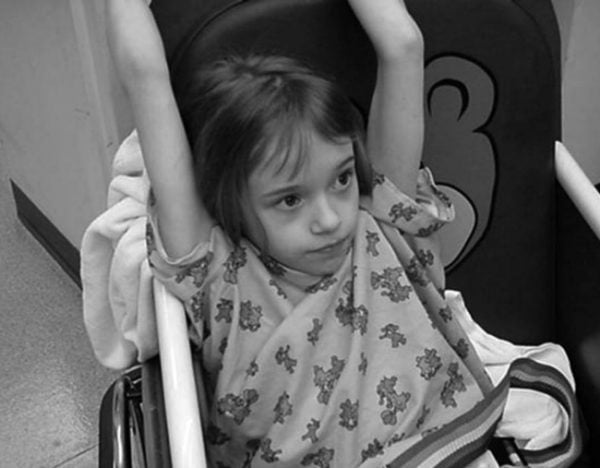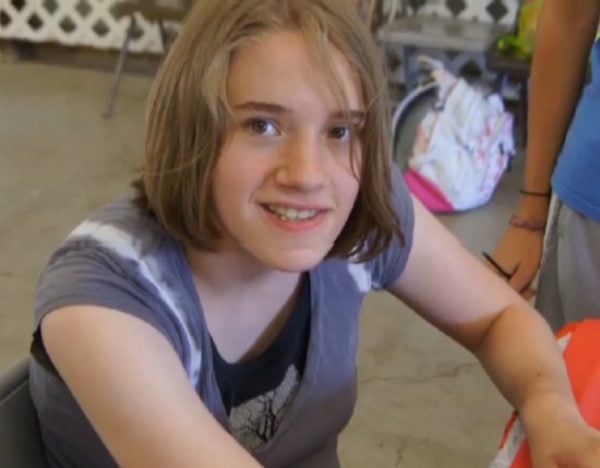Warning: This article deals with a case of child abuse and may be distressing for some readers.
For the first years of Danielle Crockett’s life, only a handful of people knew that she even existed. Watched by her two half-brothers while her mother Michelle worked, she remained locked inside the walls of their small, rundown Florida rental.
It wasn’t until she was almost seven years old that Dani even went outside, felt the sun on her skin, sat in a car, was given a bed to sleep in and was properly bathed.
Her liberation came only after a concerned neighbour contacted authorities upon seeing her pale, gaunt face peering out a window of the Crockett’s Plant City residence in July 2005. It was this that saw her dubbed ‘the girl in the window’.
As The Tampa Bay Times reported in its Pulitzer Prize-winning story about the case three years later, the first on the scene were utterly disturbed by the conditions in which they found the young girl.
A state child protection officer was left sobbing beside her car, having witnessed the worst neglect she’d ever encountered. Plant City Police detectives walked into the home to find cockroaches crunching beneath their feet, scurrying up the walls, hiding in the freezer.
“I’ve been in rooms with bodies rotting there for a week and it never stunk that bad,” Det. Mark Holste told the paper. “There’s just no way to describe it. Urine and faeces — dog, cat and human excrement — smeared on the walls, mashed into the carpet. Everything dank and rotting.”



Top Comments
What kind of justice is that? She deserves a life sentence for her crimes. She grossly neglected a baby for 7 years, disabling her for life. Not to mention the mental trauma she has probably caused the other children. What a sick woman.
a couple of months of gaol for a mother that has destroyed her child's life - woefully inadequate sentence!